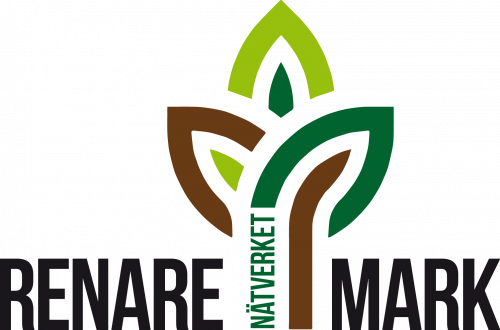 Information about the division
Information about the division
This research project deals with the treatment of tin contaminated marine sediments. The project is hosted by Water Environment Technology (WET), a division at the Department of Civil and Environmental Engineering with research on contaminated site remediation, water and wastewater treatment, systems analysis and material flows. Presently, there are about 15 PhD students working at the division and 12 nationalities are represented. The division is also equipped with a laboratory for experimental work and metal analysis. More information about the division and the department is found at http://www.chalmers.se/sv/institutioner/cee/organisation/avdelningenvattenmiljoteknik/Sidor/default.aspx
Major responsibilities
As PhD student you will be a part of the WET group working with remediation of contaminated sites. This research project is part of a co-operation between Civil and Environmental Engineering, the FRIST (Forum for Risk investigation and Sustainable Technology) competence center at Chalmers and COWI AB. FRIST is hosted at Chalmers and is a forum for research and cooperation between companies, authorities and academia with focus on sustainable treatment of contaminated sites and materials. More information about FRIST is found at http://www.chalmers.se/sv/centrum/frist/Sidor/default.aspx.
Sediments in many ports are highly contaminated with tin (Sn) and organotin compounds (OTs), originating from antifouling paints and various harbour activities. Organotins including tributyltin (TBT), dibutyltin (DBT) and monobutyltin (MBT) have demonstrated environmental effects, and the presence of OTs in harbour sediments is of high concern worldwide. Even though there is a clear need for remediation, the large amount of contaminated sediment may enable the economic recovery of Sn and the use of treated sediments as construction material, thereby avoiding expensive and unsustainable landfilling.
The overall aim for the PhD project is to, together with senior researchers, develop a sustainable and efficient treatment methods to remediate tin-polluted sediments at laboratory scale.
The specific objectives are to:
• identify the key factors controlling the release and leaching of OTs and inorganic Sn from the sediments, and develop a sediment washing method based on the optimal conditions determined.
• develop the washing method further to receive an efficient degradation of TBT, DBT and MBT into inorganic forms of Sn.
• develop a process to recover Sn from the leachates using an electrochemical method.
• develop a method to stabilize the treated sediments in order to produce useful construction materials for harbours, as well as investigate the potential leaching of contaminants from the produced materials.
• perform a life cycle assessment (LCA) to determine the total environmental load of the developed treatment method; identify the steps with the highest environmental impact.
• perform a cost analysis to determine the applicability of the developed treatment method.
The scientific value of this project is to determine the feasibility of marine sediment washing with recovery of metals. Release and degradation of TBT and other OTs are investigated in detail and will contribute with new scientific knowledge. The societal value of the developed methods is that the treated sediments do not need to be landfilled but are remediated and potentially used as construction materials; e.g. contribute to decreasing the CO2 emissions in cement production. In addition, valuable metal resources in the sediment are recovered and re-used in the society. The washing and recovery method developed has also the potential for use in urban mining of other environmental materials such as stormwater sediments, combustion ashes and polluted soils. The findings will support the EU’s and Sweden’s efforts to reach environmental goals for water quality. The results from this research are relevant for stakeholders responsible for the protection of water quality, such as ports, municipalities, and environmental departments, as well as for stakeholders aiming at developing sustainable soil and sediment remediation methods and conserve virgin resources.
Position summary
Full-time temporary employment. The position is limited to a maximum of five years.
Qualifications
The candidate should have a Master of Science in engineering preferably in Civil and Environmental or Chemical Engineering, or a Degree of master preferably within chemistry or environmental sciences. Experiences of laboratory and field work is favourable.
As a PhD student in our group, you are expected to:
• work independently, plan and organize your own work.
• work well with your team members and other project partners.
• efficiently communicate scientific results in written and spoken English.
• be a motivated, persevering and flexible person.
• have creative problem-solving skills and good analytical skills.
• have a great interest in practical work both in field and in the laboratory.
• be stable/able to withstand stress.
Chalmers continuously strives to be an attractive employer. Equality and diversity are substantial foundations in all activities at Chalmers.
Läs mer och ansök här!
